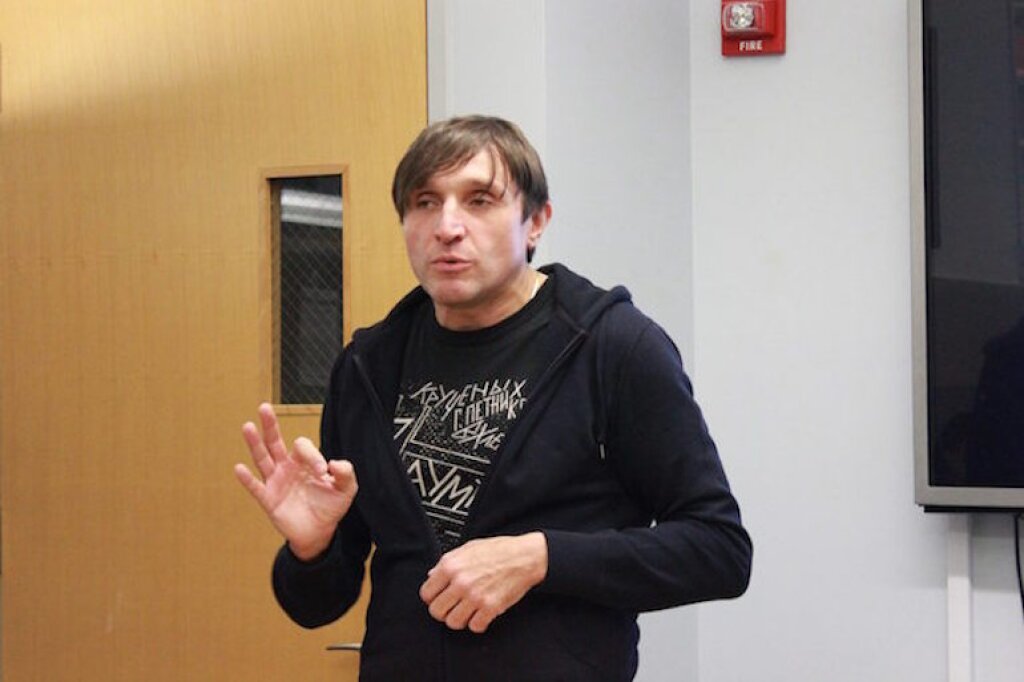On Thursday, April 25, the Jordan Center hosted a discussion session with Professor Peter Gatrell from the University of Manchester. Gatrell is a specialist on Russian social and economic history, but has also written a number of books on refugee history and politics. During the discussion, Gatrell shared viewpoints, advice, and his extensive knowledge with students and faculty.
Professor Gatrell started the session with pointing out some of his personal experiences with working on refugee history. Gatrell emphasized how he approaches this specific field of study as clearly interdisciplinary, and impossible to disconnect from areas such as political science, social anthropology, and general history. When asked why such an interdisciplinary approach has not always been the case, Gatrell answered that one traditionally has seen refugee issues as something taking place in the present. Thus, instead of looking at the broader picture, one tends to focus on explanations found in one’s immediate surroundings that can help explain a current situation. However, Gatrell pointed to the importance of always placing a problem in a greater context, both geographically and temporally, and to approach it from a number of disciplines in order to understand the matter at hand in depth. Such an understanding is necessary to solve both current and future refugee issues.
An interesting discussion took place around the question of what one can learn about the modern state by looking at refugee history. It can indeed be problematic to know how to approach these categories separately. In certain cases the modern state creates the refugee, and in other cases the refugees create the state. The refugee category is therefore challenging in itself, as it is hard to know whether to approach refugees as an institution of their own; disconnected from the state, or rather as an embodiment of the “true people” of the state. This becomes especially difficult when faced with a group of refugees who are utilizing different identity discourses in referring to themselves, as well as deploying benefits from multiple categories. While refugees have traditionally been approached as a group of voiceless individuals in the margins of society, one might also encounter a polyphony of voices. This naturally makes it hard to reach the true core of a specific situation.
One last point from the discussion should be highlighted in particular, as it points to the importance of refugee studies. Placed in between past, present, and future, the study of refugees offer an unique opportunity to see both history and contemporary politics in a clearer light. After the tragedy that took place in Boston six weeks ago, the label “Muslim refugees” were used on the brothers Tsarnaev. To fully understand what such a categorization truly means, however, would indeed mean looking at it from the type of perspective Gatrell promotes.


